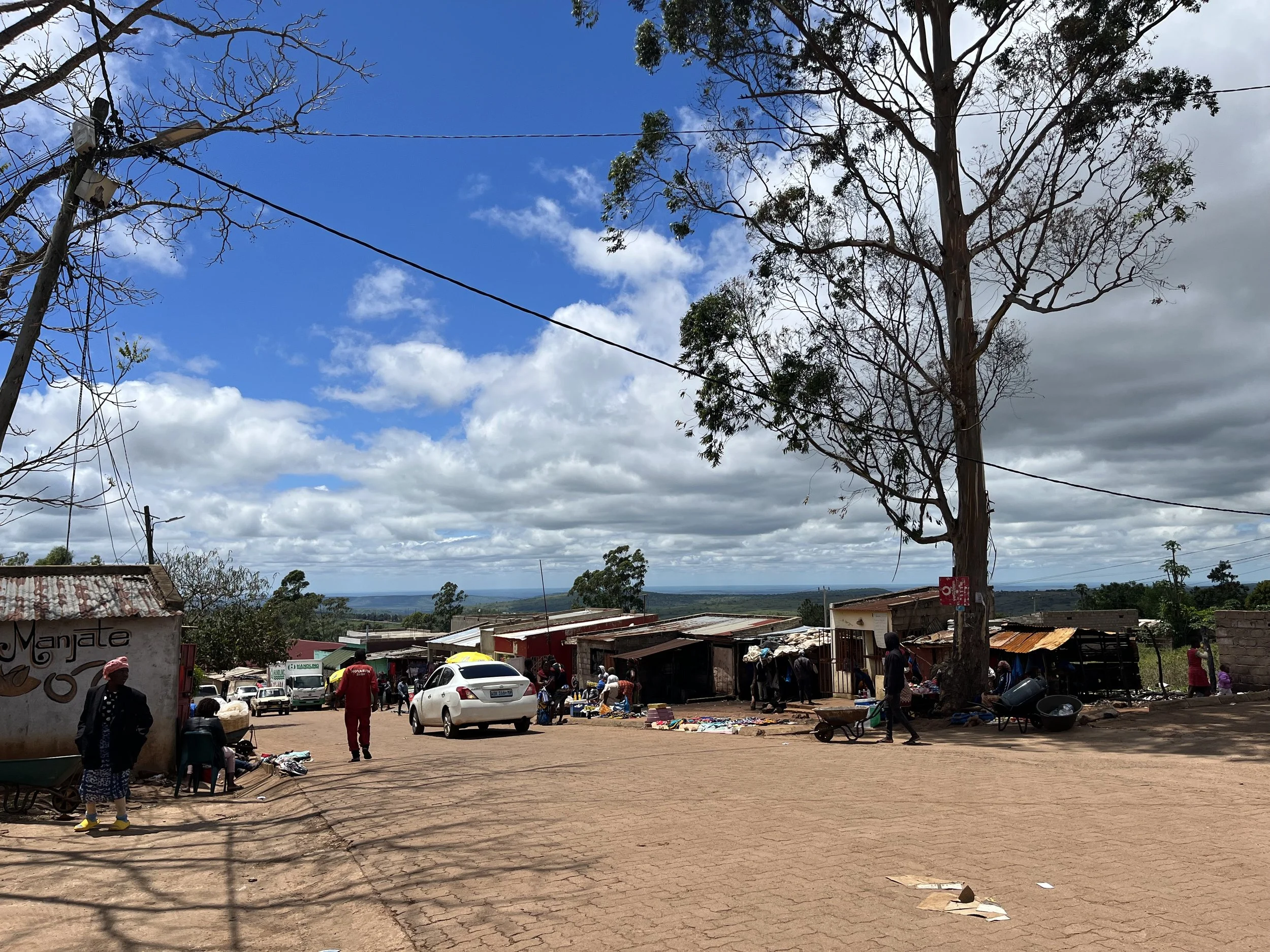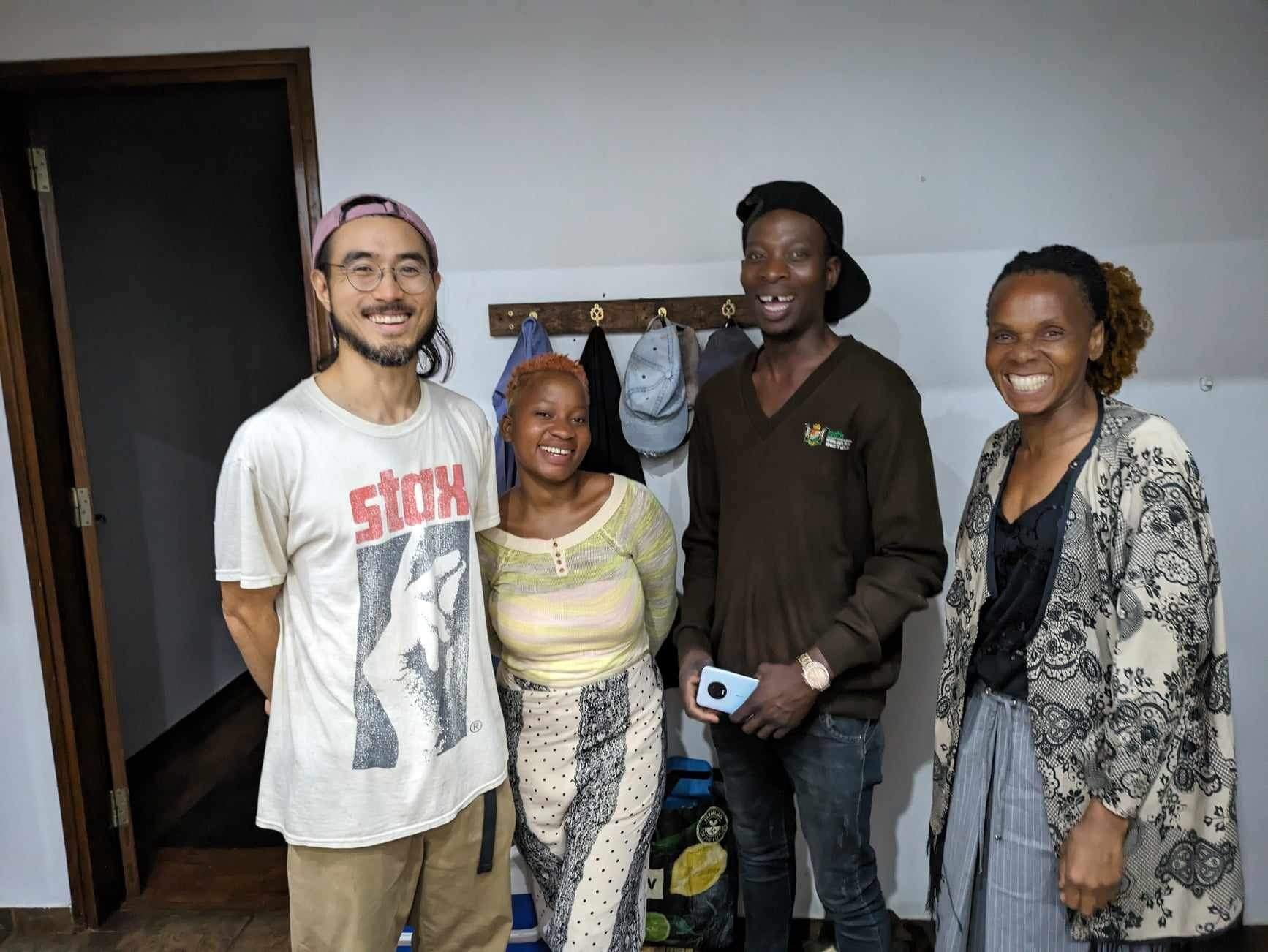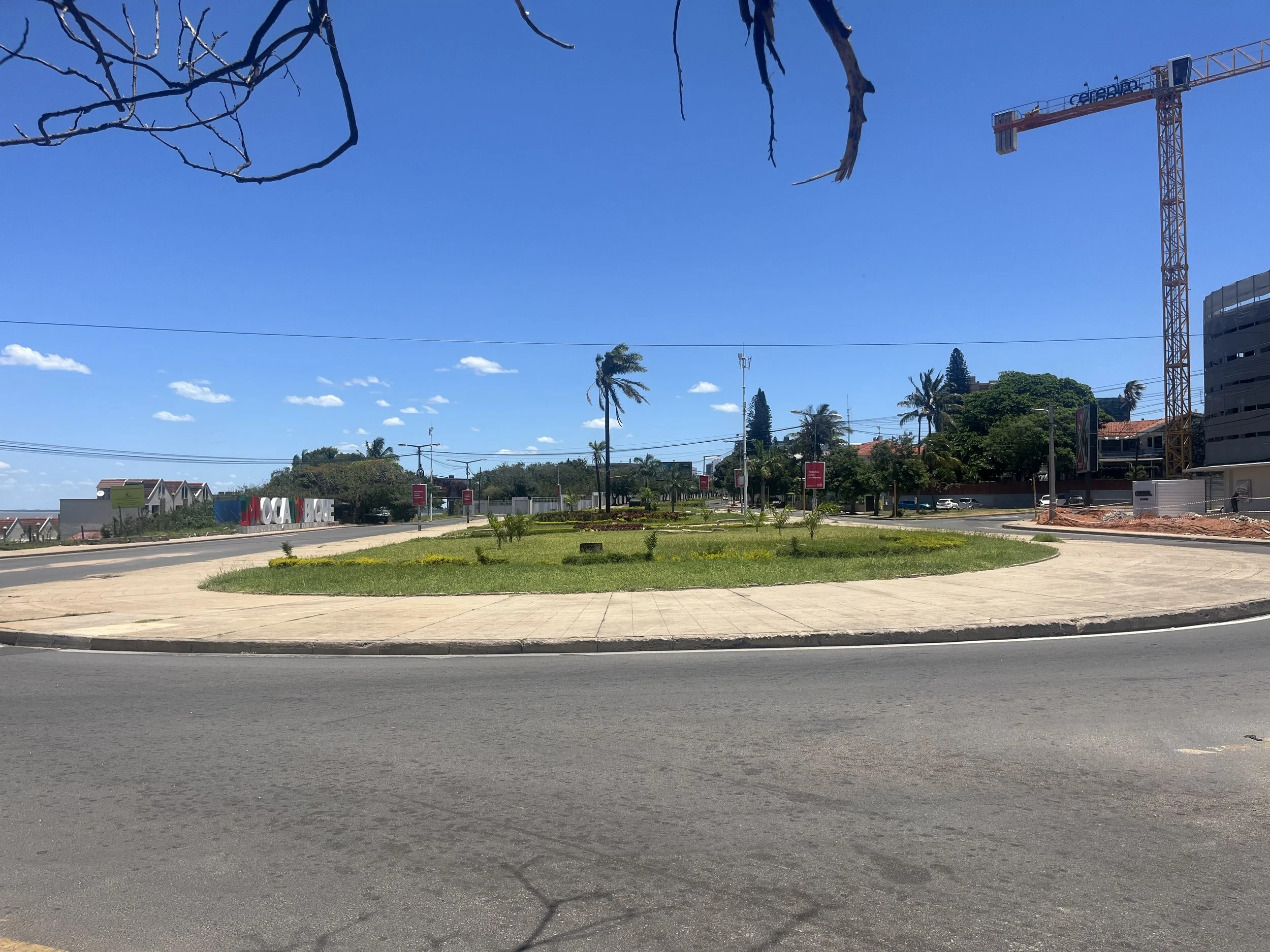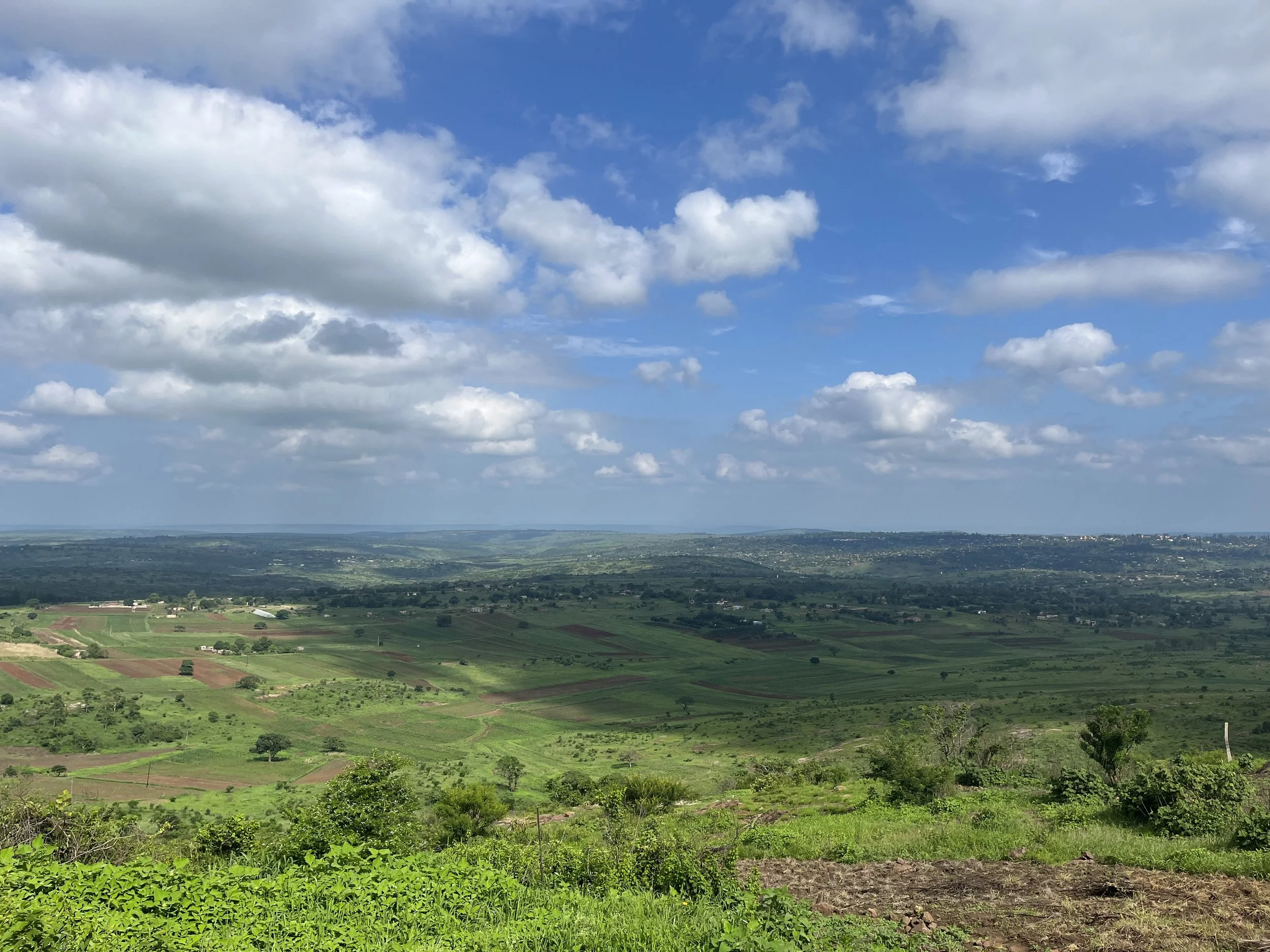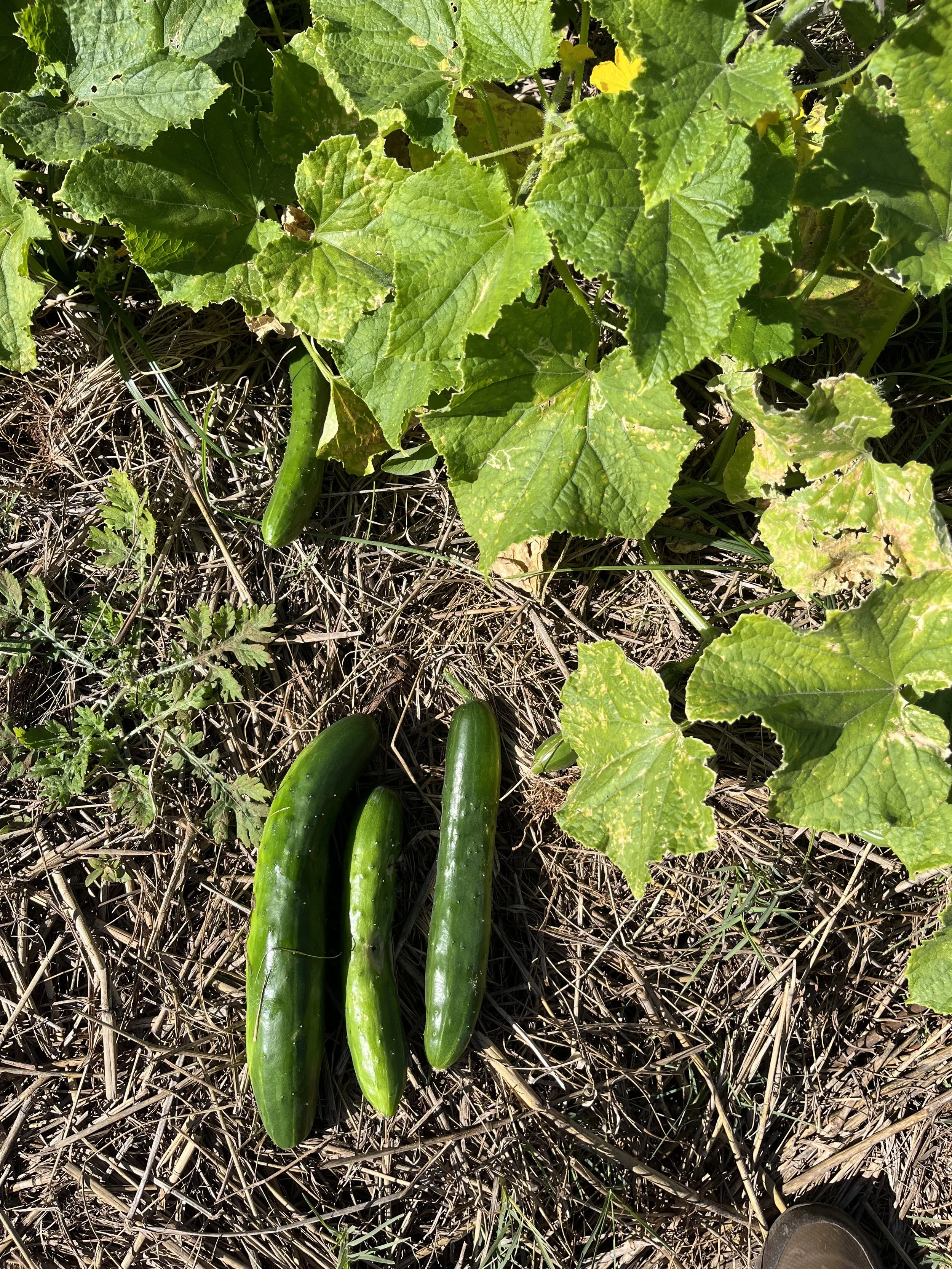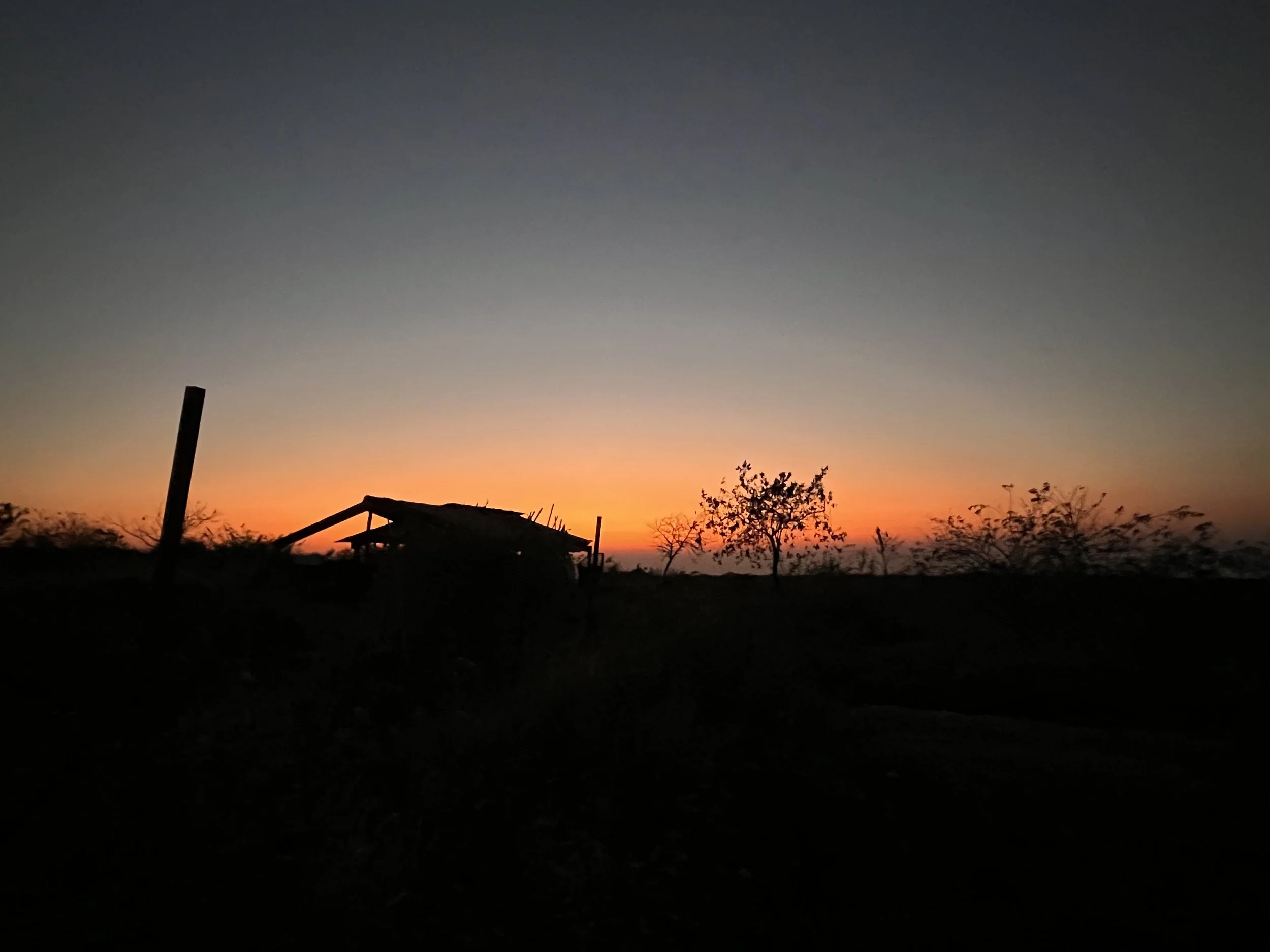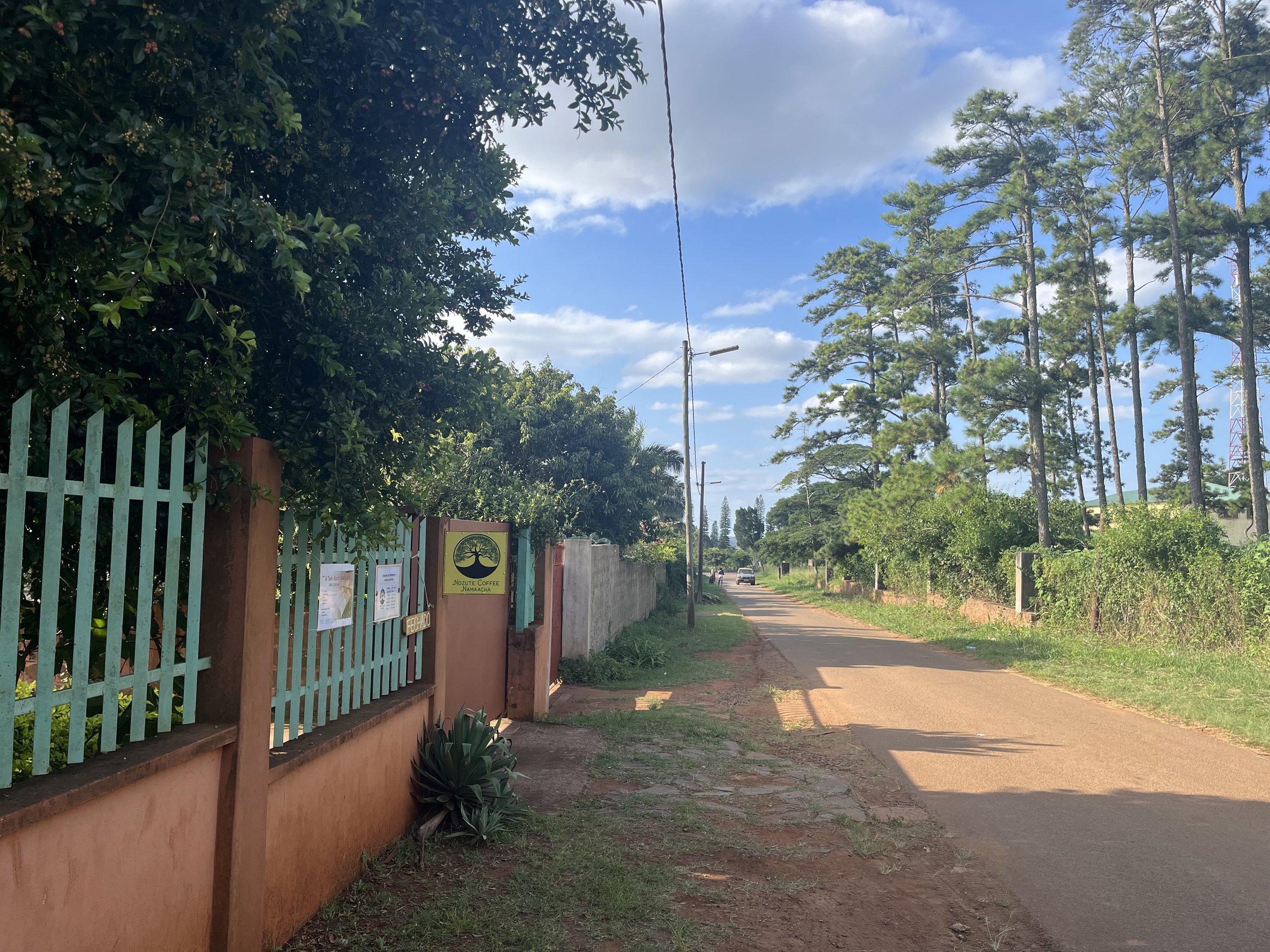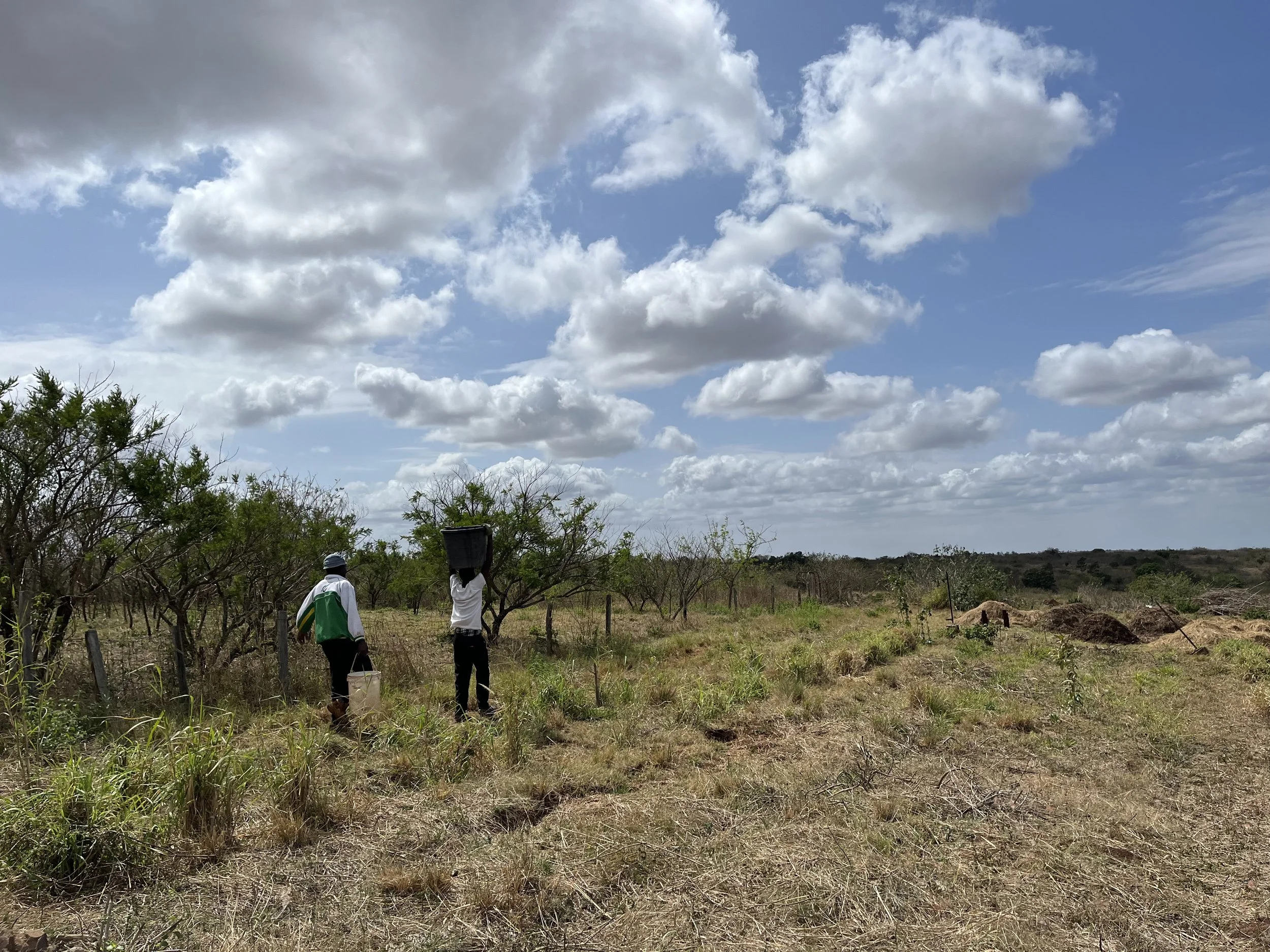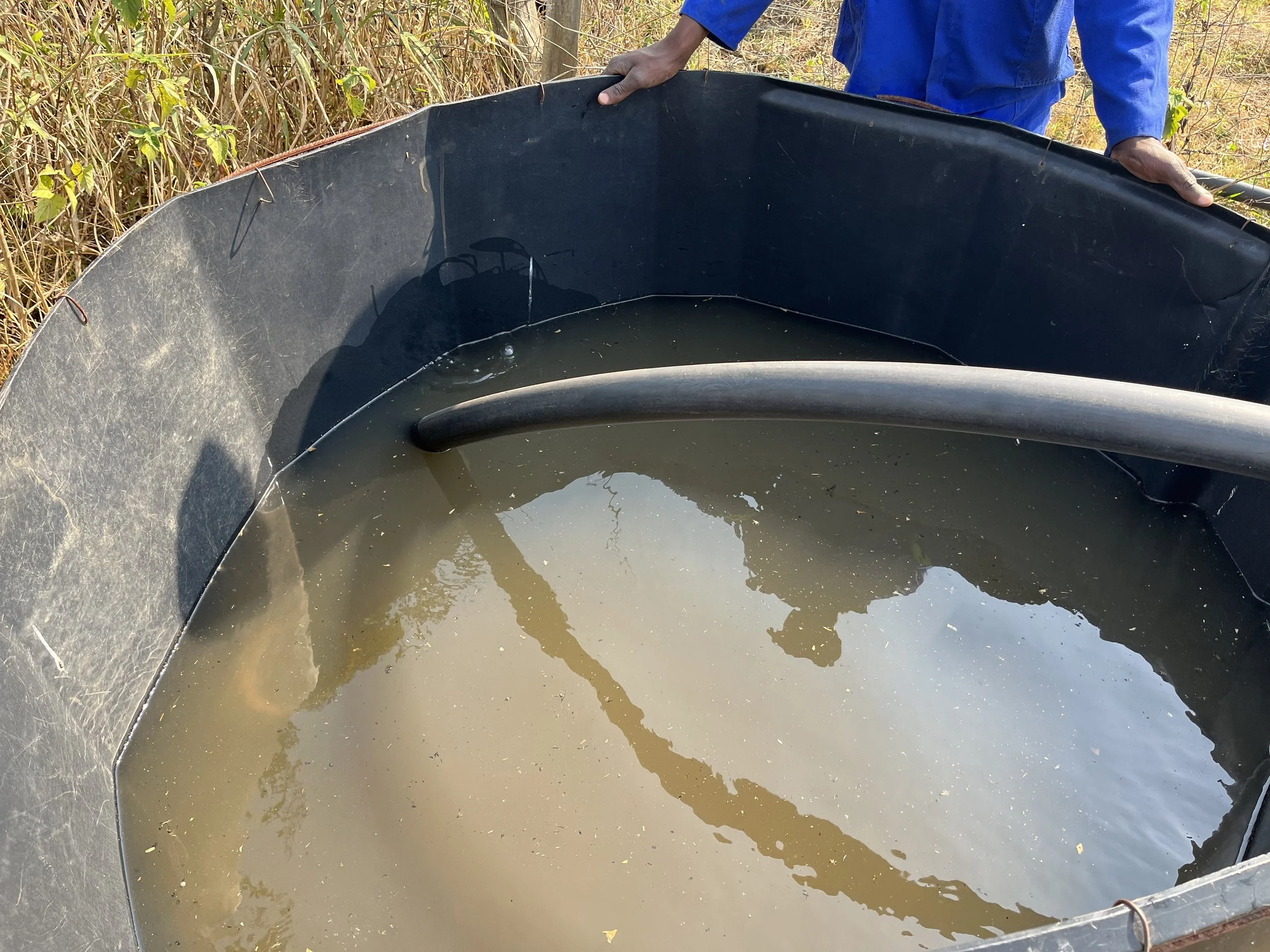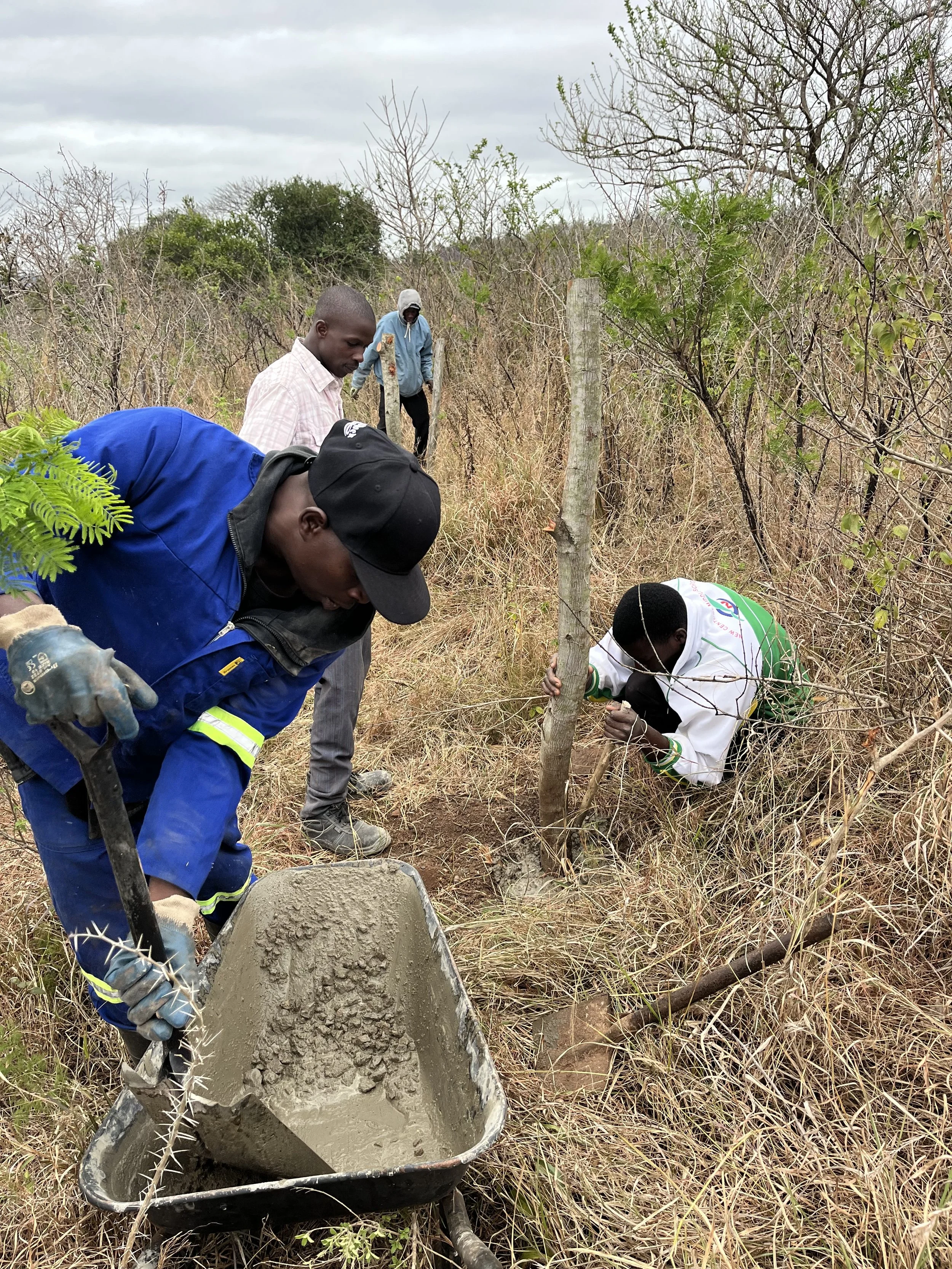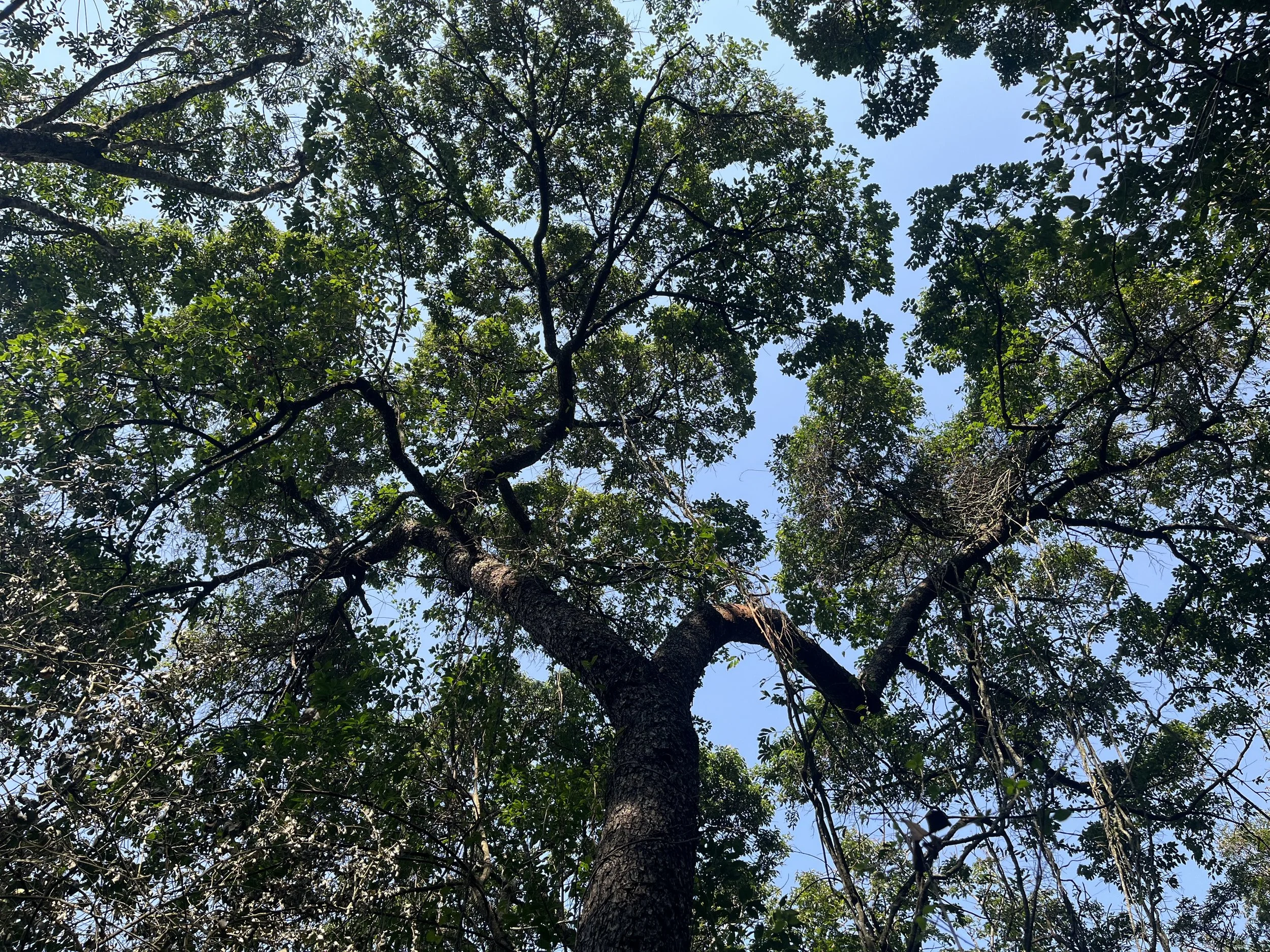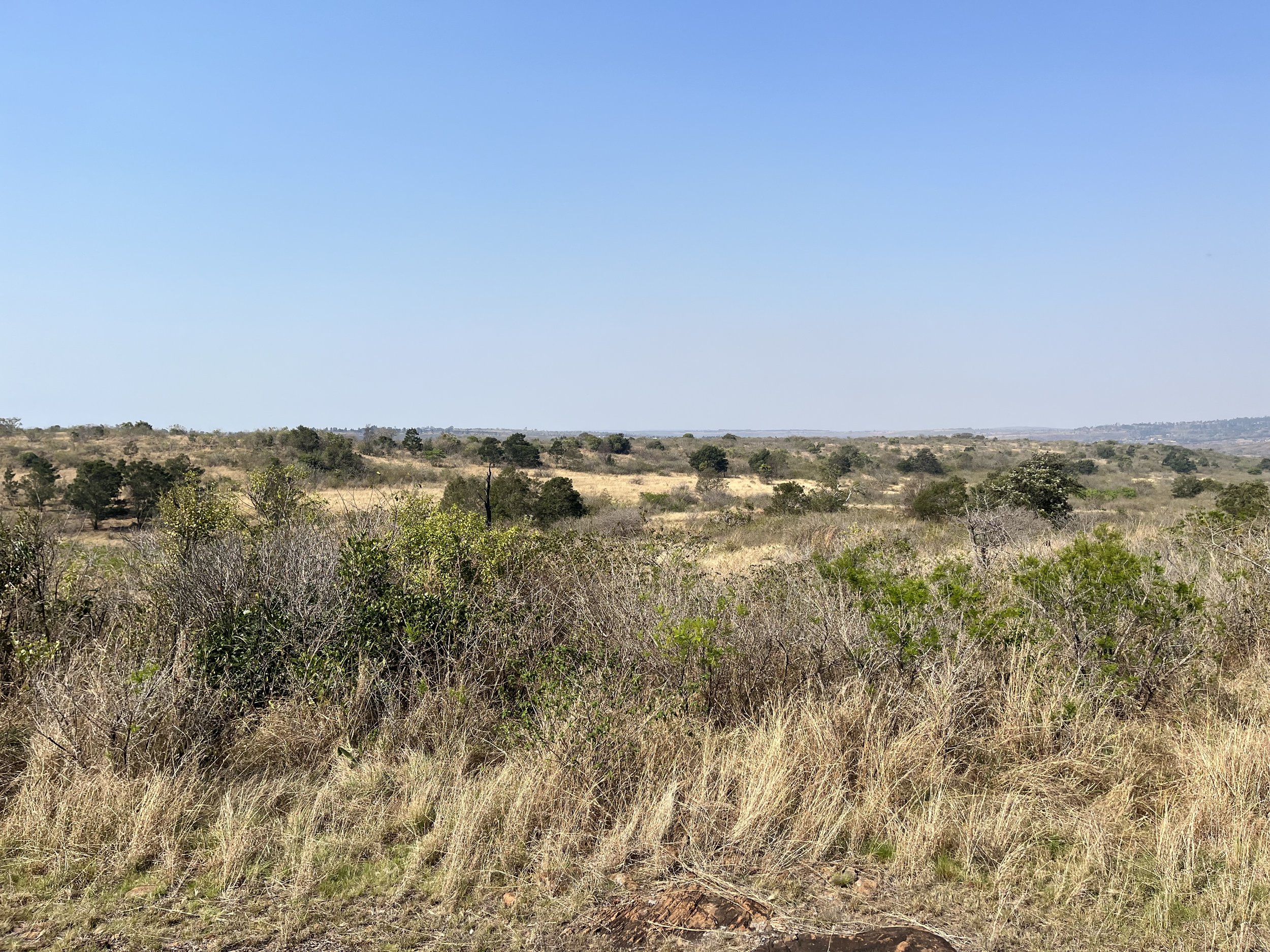(Scroll down to read in English)
私の住んでいたナマーシャは、水が豊富な町。
街の名所の一つに滝があるし、モザンビーク有数のミネラルウォーターのブランドもナマーシャだ。
つまりナマーシャと言えば水、と言ったような場所。
ナマーシャに流れる川。人々の生活を支える水源となっている / Rivers in Namaacha are important source of water for the locals
だけど悲しいかな、行政からの水がぜんぜん供給されない。
2022-23年は、まだそれなりに供給されていたんだけど、2024年はひどかった。
まずベースとして、市からの水は、常時供給されない。不定期的に、供給される。
あ、今日は水出てるね〜、やった〜って感じ。
え、じゃあどうやって日々暮らしているの?と思うかもしれないが、各家には大体、大きなタンクがあって、そこに市からくる水が備蓄される。
その大きなタンクから、ポンプで塔の上にあるもう一つの小さめのタンクに水が汲み上げられて、そこから重力を使って家の水道に水が供給される。
通常時は、そのタンクの水が底を尽きる前に、市からの水が供給され、タンクが満たされる。
そして月々の水料金が市から請求されるのだが、これが驚くことに定額になっている。
しかも月々280mzn(=600円くらい)と破格。いくら使ってもこの値段。
そもそも、供給した水の量をはかってないし、値段もおかしい。
んでもって、2024年の中盤ぐらいだったか、いよいよ水自体が来なくなった。
噂によるとインフラを修理しているだとか。
お金もないのにどうやって直してるんだろう〜。
水が来なくなり、大きなタンクの水が空になれば、洗い物ができず、シャワーも浴びれない。
まあモザンビークではこれらができれるだけで超贅沢な生活になりますが(家に水がない人は川に行く)。
で、水が無くなりそうになったらどうするのかというと、
水を売っている人たちがいて、その人たちから水を買うしかない。
1000Lで400mznと、市の水が安すぎることもあるが、いきなり出費が増える。
だって市の水はいくら使っても月280mznだったので・・・。
どんな人たちから買うのか。
地元のおっちゃんやおねーちゃんが、普通のトラックの荷台にタンクを乗せて、水を川からポンプで汲んで、それを各家に持っていくというスタイル。
みんな水を買ってるから、街中にこういうトラックが走っている。
川の水大丈夫か。
川から引いた水をトラックで届けてくれる業者さん / The water delivery service which pumps water from local rivers
水が濁ってることもある。川からきてるからね。
あとね、うちの大きなタンクにはカエルが住んでました。
泳いでんだよね、普通に。笑ってたけど、笑えないのかな。笑
捕獲する術もなくて、そのままにしてた。あいつ生きてるかな。
もちろんこの水は飲まない。が、パスタやうどんは茹でました。
そして私は元気です。
水と同じく電気も不安定。
これはタンザニアやインドでも体験したけど、モザンビークも停電は普段からある。
特に私のいるナマーシャはちょっと大雨や強風が吹けば大体停電する。
ひどい時は半日ぐらいも停電する。
うっかりパソコン充電してなかったら困ることになるし、
電源が必要なwifiルーターは使えなくなる(なので我が家は常時ポケットルーターを使用していた)。
同じようにプレステも停電になるとその瞬間にプレーできなくなる。
一方バッテリー内蔵のSwitchなら問題なし。
つまり停電の多い国では、高いルーターやプレステとか、電源を要する上質なハードはむしろ使い勝手が悪く、バッテリーの有無が重要になる。
こんな日々の不便さのおかげで、強く生きていけている実感がある。
そして不便かどうかって(日本との)比較論であって、別に慣れてしまえばどうってことない。
水のことも電気のことも自分ができる範囲で管理したりトラブルシュートしたりするようになるし、自ずと仕組みを理解するようになる。
仕組みを理解すると自分の責任で管理できるようになる。
自分の周りで起こることは全部自分の責任、だと思っているので。
東京でサラリーマンをやっていた時にはこんな価値観は持ってなかった。
脱サラしてイギリスの田舎、父島、モザンビークの田舎に住んで、都心での生活に比べたら「不便」かもしれないけど、自分なりに工夫して、時には自分で手を加えたりカスタムしたりする自由度があることは、私に、自分の人生を創作的に作り出すチャンスをくれていると思う。
トラブルもあるけど、それを乗り越えていく過程を楽しむこともできる。
RPGのゲームと一緒。モザンビークの人生は本当にドラクエみたいだった。
水も電気も当たり前のように供給されて、それを使って暖を取ったりご飯をつくったり、大画面でゲームをしたりできるって、ものすごいことだ。
その素晴らしさに気付くことで、人生の豊かさを実感することができているし、人生が多少不便でシンプルになっていっても尚豊かな生活ができているんだと思う。
結局「何を持つか」ではなくて、持ってようが持っていまいが、どんな環境にいようが、「どう生きるか」だなと、真理のようなものをモザンビーク生活で発見した気がする。
と、回想はここまで。
そんな素敵な発見をくれたモザンビークも、いま、とても難しい状況にある。
先日、現地の知人に連絡を取って、最新の状況を聞いて愕然とした。
先月末にようやく裁判所が昨年10月の選挙結果を確定(そもそもこれも遅いんだが)、明らかに不正していると言われている与党の勝利を認めた。
これに元々起きていたモザンビーク国内の抗議運動が激化し暴動に発展。
私がよく通っていた隣町ボアネのスーパーが入っている商業施設やガソリンスタンドがまるまる、暴徒により破壊、略奪にあった。
酪農などを営んでいた外国人も国外に退去、大切に育てていた羊や牛、設備等も略奪されたらしい。
ガソリンや物資も手に入らなくなり、物価も高騰。
実際に景色を見ていないが、想像するだけでも恐ろしい。
「いいタイミングでモザンビークを出たね、本当に」と皆に言われる。
確かに、自分は幸運と思いつつも、複雑な気持ち。
よく買い物していたボアネの街。今はどうなっているのか・・・ / The city of Boane where I used to go shopping a lot
そんな中嬉しいニュースも。
私のモザンビークの会社時代の元従業員から、野菜できたよ!と連絡があった。
最近連絡が取れていなかったので心配していたが、どうやら、新しい場所で、知人農家さんの力も借りて、野菜をコツコツと作っているそうだ。
コンポストまで作って。
「今まで一緒にやってきたようにやってるよ」と言われた時は、正直感動してしまった。何より、彼が、私がいなくなった今も、私と一緒に積み上げてきたものを活かして農業をやってくれていることがとても嬉しかった。
モザンビークに、一刻も早く平穏な日々が戻ってくることを心から願っている。
Namaacha, a small country-side town that I lived in Mozambique, is a place with an abundance of water.
One of the town's famous sightseeing spot is a waterfall, and Namaacha is also well known from Mozambique's popular bottled water brand, Água da Namaacha.
So when we think about Namaacha, we think about water.
Sadly, however, the household water supply from the government is completely unreliable.
In 2022-23, the supply was still OK, but in 2024 it turned terrible.
First of all, there is no “constant” supply of water.
The water is supplied irregularly with no notice or guarantee.
We receive water, when we receive water.
You might be thinking, “then how do you live day to day?”
Typical houses have large tanks, which stores the water supplied from the municipality.
From that large tank, the water is pumped up to another smaller tank on top of a tower, and from there, it is supplied to the house using gravity.
In good old normal days, the water from the municipality was supplied before the large tank went empty.
The monthly water bill was then charged by the municipality, in fixed price, surprisingly.
What's more, it is a bargain at 280MZN (about 4USD) per month.
No matter how much you use, this is the monthly price.
While the price itself is questionable, the amount of water supplied is not even measured, so the whole system is problematic.
Then, around the middle of 2024, the water supply suddenly stopped completely.
Rumors were that the government was conducting a major maintenance of the infrastructure.
I wondered how, mainly in financial perspective, they managed to do such a large scale maintenance…
When the water supply stops and the tanks become empty, you can't do various washing, including shower.
In Mozambique, just being able to do these things is a luxury (people who don't have the luxury at home go fetch water from a seller or nearby river).
So, what do you do when the water is about to run out?
There are people selling water, and you have no choice but to buy it from them.
The price is around 400MZN for 1000L, and while the municipal water is too cheap, your expenses suddenly increase.
The municipal water is 280MZN per month no matter how much you use…
Who do you buy it from?
The local men/women with a truck loaded with water tanks, who pump water from the river, and deliver water around the town.
Everyone’s buying water, so you find these trucks running around town.
I hope they won’t suck out all the water from the river…
Sometimes the water is murky. Why not, it comes from the river.
Also, there was a frog living in my large water tank.
Every time I checked the tank I saw it swimming the surface.
For me it was funny but maybe for some it isn’t?
I really didn’t think about catching it and just left it there. I wonder if it's still alive.
I didn't drink this water from my tap.
But I did boil it to make pasta and udon.
And I'm all good and fine.
Same as water, the electricity was also unstable.
Same experiences in Tanzania and India, but Mozambique also has frequent, unplanned power cuts.
Namaacha, in particular, has power cuts whenever there is heavy rain or strong winds.
In the worst cases, the power cuts can last for as long as half day.
If you forget to charge your computer, you'll be in trouble,
Wifi routers which requires a power supply has no use, so I used a portable router, which has a battery, even in my house.
Similarly, PlayStation shuts down as soon as the power goes down.
On the other hand, Nintendo Switch has no problem.
In other words, in countries where there are frequent power cuts, high-quality hardware that requires constant power supply, such as expensive routers and PlayStation, are rather inconvenient and battery-powered devices are much useful.
These daily inconveniences had made me stronger.
And whether something is inconvenient or not is a matter of comparison, in my case, with life in Japan, and once you get used to it, it's not a big deal.
I've come to manage and troubleshoot things, such as water and electricity issues, to the best of my ability by myself, which involves understanding how the whole “system” works.
Once you understand the mechanism, you can manage things on your own.
This is important especially because I think everything that happens in your life is your responsibility.
I didn't have this perspective when I was working as a company employee, AKA “salary-man” in Tokyo.
After leaving this job, I lived in the countryside in England, Chichijima, and Mozambique, and while it might had been much more “inconvenient” than living in Tokyo, I think that having the freedom to make my own adjustments and customise things as I see fit gave me the chance to create my own life in a creative way.
There are problems, but I also enjoy the process of overcoming them.
It's like playing an RPG game. Especially my life in Mozambique was really like Dragon Quest (a popular Japanese RPG game title).
Having water and electricity (or gas) supplied normally, and that you can use them to keep yourself warm, cook food, and play games on a big screen, is a tremendous thing.
By realising how miraculous this is, I've been able to experience the richness of life, and even if life becomes a little inconvenient and simple, I’m sure I can still live a “rich” life.
After all, it's not about ”what you have", it's about “how you live”, no matter what the circumstances.
This is the truth in life that I discovered during my life in Mozambique.
Thats all for the reflection.
I want to also touch on the current situation of Mozambique, which I recently heard from my friends there and was honestly quite shocking.
At the end of last month, the highest court in Mozambique finally confirmed the results of the October 2013 election, which was already very late to begin with, and validated the victory of the ruling party.
As I posted before the credibility of the result seems very low, considering all the reports of fraud and corruption.
This confirmation by the court lead to a major escalation of the protests that had already been occurring in Mozambique, turning into violent riots.
In Boane, where I used to go shopping often, the commercial buildings, including supermarkets and petrol stations, were vandalised and looted.
Many foreigners who ran farms and other businesses fled the country, their livestocks and equipments looted.
It is now very difficult to get hold of supplies and prices are soaring.
Even just hearing these stories and imagining the scenes terrify me.
Everyone says to me, “Tomo, you left Mozambique at just the right time, really.”
I feel lucky, with a mixed feelings.
In the midst of all this, I also received some good news.
My former employee in Namaacha told me that he had grown some vegetables!
I had been worried because I hadn't been able to get in touch with him recently, but it seems that he had been working hard to grow vegetables at his new place, with the help of some of our farmer friends.
He even made his own compost.
When he told me “I'm doing it just like we've been doing it”, I was honestly moved.
I am very happy that he is trying to establish the farm business using the experiences we built up together.
I sincerely hope that peace comes back to the daily life in Mozambique soon…






